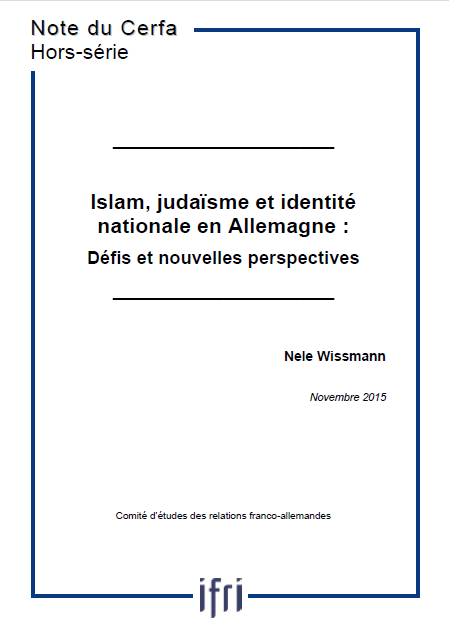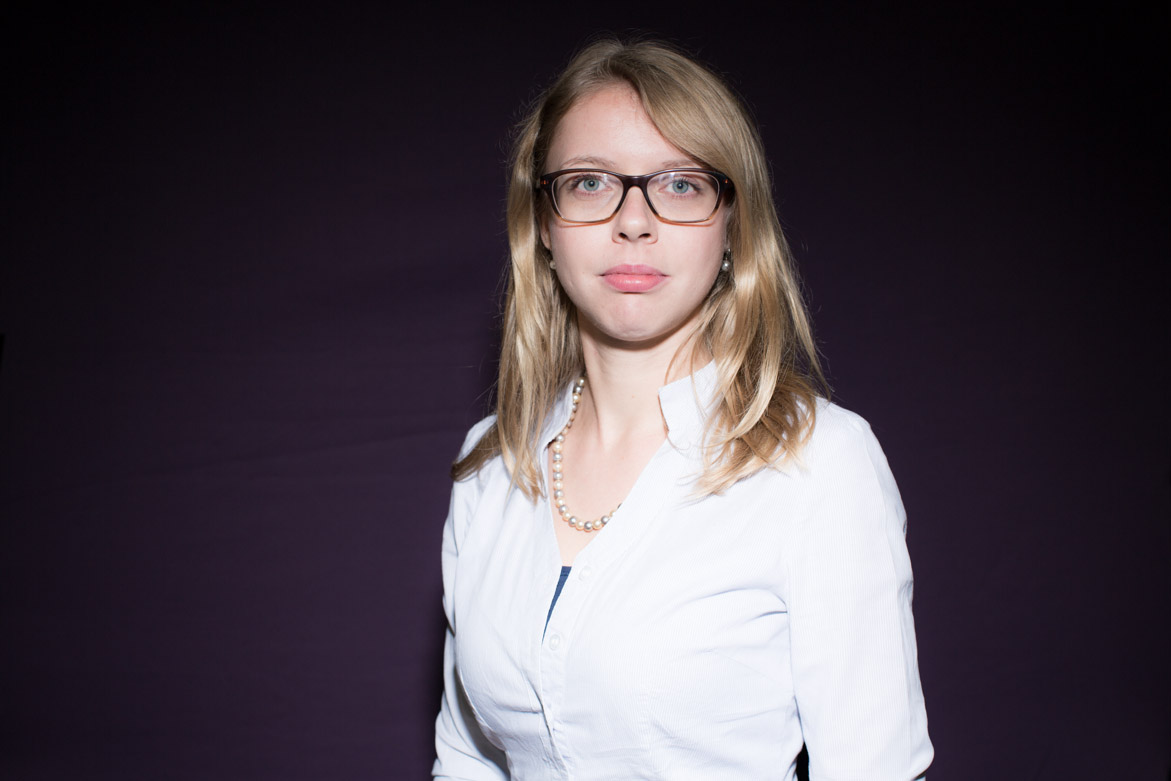Islam, Judaism and National German Identity: Challenges and New Prospects

The present analysis links the debate on German national identity to on the one hand the revival of Judaism which was a deliberate political choice and on the other to the expansion of Islam which conversely was not anticipated. The article explains how Judaism was able to revive in Germany after 1945 and how Islam has become the third largest religion in the country in number of believers.
The analysis focuses secondly on the increasingly close relations between these two religious communities and the Federal State, from both a qualitative and quantitative point of view. Finally, the issue of anti-Semitism and Islamophobia in current German society is addressed, as well as interreligious dialogue between Judaism and Islam, and the evolution of Jewish and Muslim identities in Germany. Do Jews and Muslims in Germany consider themselves as German Jews and Muslims, or as Germans of Jewish and Muslim faith? In other words, have young Jews relinquished the Jewish identity inherited from the Holocaust, and do the second and third generations of Muslims remain prisoners of their grandparents’identity, or have they liberated themselves from it?
This paper is published in French only - Islam, judaïsme et identité nationale en Allemagne : Défis et nouvelles perspectives
This article was initially published in the collective work: L’Allemagne change ! Risques et défis d’une mutation








